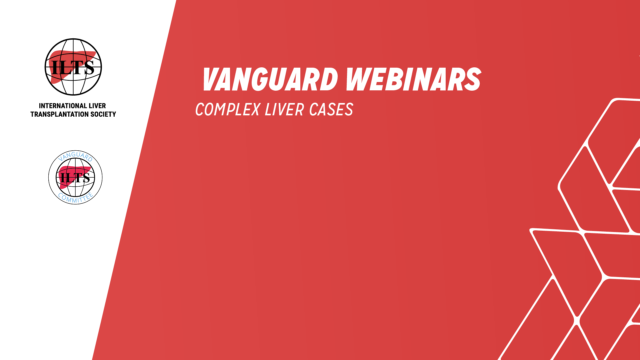What we´re reading… October 2022
This month’s key articles were selected by Ryan Chadha, Dhupal Patel, Alexandra Shingina, David Nasralla, Eleonora DeMartin, and Sadhana Shankar.
HEPATOLOGY
Transplantation
Does Exercise Training Improve Physical Fitness and Health in Adult Liver Transplant Recipients? A Systematic Review and Meta-analysis
Background: The impaired physical fitness of end-stage liver disease patients often persists after liver transplantation (LT) and compromises posttransplant recovery. More
Journal of Hepatology
A double-blind randomized placebo-controlled trial of albumin in patients with hepatic encephalopathy: HEAL study
Background and aims: Even after recovery from overt hepatic encephalopathy (HE), minimal HE (MHE), which impairs quality of life (QOL), can persist. Treatment options are limited. More
Liver Transplantation
Practice patterns of the medical evaluation of living liver donors in the United States
Living donor liver transplantation (LDLT) can help address the growing organ shortage in the United States, yet little is known about the current practice patterns in the medical evaluation of living liver donors. More
SURGERY
Journal of Hepatology
Low utilization of adult-to-adult LDLT in Western countries despite excellent outcomes: international multicenter analysis of the US, UK, and Canada
Background & aims: Adult-to-adult living donor liver transplantation (LDLT) offers an opportunity to decrease the liver transplant waitlist and reduce waitlist mortality. We sought to compare donor and recipient characteristics and post-transplant outcomes after LDLT in the United States (US), United Kingdom (UK), and Canada. More
Liver Transplantation
Anatomical classification and clinical outcomes of biliary strictures in living donor liver transplantation using right liver grafts
Background: This study aimed to classify the anatomical types of biliary strictures, including intrahepatic biliary stricture (IHBS), after living donor liver transplantations (LDLTs) using right liver grafts and to evaluate their prognosis. More
JAMA Surgery
Ten-Year Outcomes of Liver Transplant and Downstaging for Hepatocellular Carcinoma
Objective: To establish the 10-year outcomes of patients with HCC after LT in a large, multicenter US study based on individual data; provide robust data on the long-term role of downstaging; and evaluate the association of treatment modalities with postrecurrence survival. More
Annals of Surgery
Auxilliary Liver Transplantation According to the RAPID Procedure in Non-cirrhotic Patients – Technical Aspects and Early Outcomes
Objective: To present technical details and short-term experiences of Liver transplantation as a two-stage procedure using small for size grafts in a multicenter cohort study. More
ANESTHESIOLOGY AND CRITICAL CARE
Transplantation
Incidence and Mortality of Emergency General Surgery Conditions Among Solid Organ Transplant Recipients in Ontario, Canada: A Population-based Analysis
Background: Emergency general surgery (EGS) conditions and their outcomes are perceived to be disproportionately high among solid organ transplant recipients (SOTRs). However, this has not been adequately investigated at a population level. We characterized the incidence and mortality of EGS conditions among SOTRs compared with nontransplant patients. More
Americal Journal of Surgery
Low viscoelastic clot strength, platelet transfusions, and graft dysfunction are associated with persistent postoperative ascites following liver transplantation
Introduction: High output, persistent ascites (PA) is a common complication following liver transplant (LT). Recent work has identified that platelets help maintain endothelial integrity and can decrease leakage in pathological states. We sought to assess the association of PA following LT with platelet count and platelet function. More
American Journal of Medical SciencesMarijuana use and post-transplant complications and non-compliance in liver transplant patientsBackground: Liver transplant (LT) is a lifesaving treatment for patients with end-stage liver disease. Historically, institutions across the United States have deemed active marijuana use as an exclusion criterion for listing. This study aims to investigate LT outcomes in patients with a history of marijuana use prior to LT. More







